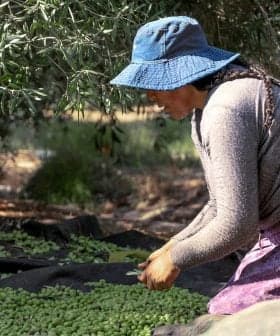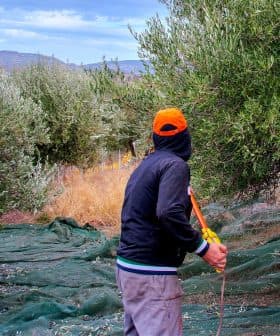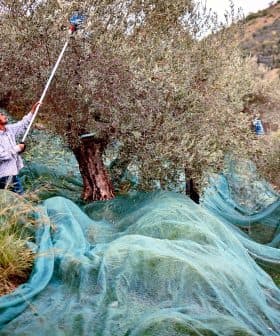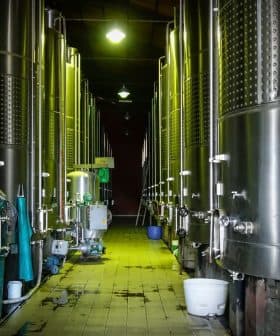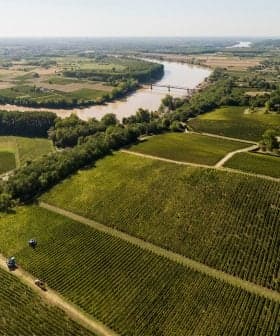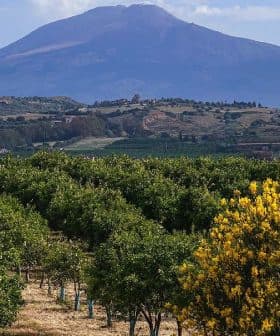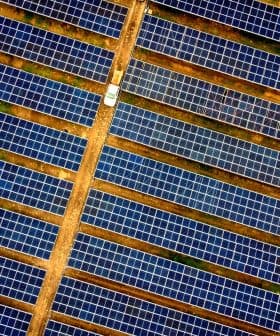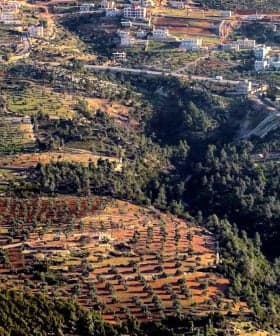AI Tool for Olive Farmers Will Improve Yields, Reduce Costs, Researchers Say
Researchers in Andalusia are developing a new AI tool to help farmers determine the optimal time to harvest olives, with the technology estimated to be ready for commercial use in two years. The AI-based predictive model will use a combination of satellite images and ground sensors to improve yields, decrease production costs, and allow farmers to predict the moment of maximum oil accumulation without repeated trips to the groves.
Researchers in Andalusia say they are developing a new tool that will allow farmers to use artificial intelligence (AI) to determine when their olives are ready to harvest.
Citoliva, a non-profit researching olive oil technology, said the AI-based predictive model could improve yields and decrease production costs. They estimate it will be ready for commercial use in two years.
Along with Spain’s Ministry of Industry, Commerce and Tourism and Citoliva’s four private sector partners working on the project, the organization believes the new technology will allow farmers to predict the moment of maximum oil accumulation without repeated trips to the groves.
The researchers added that this would reduce time spent on information analyses and costs of harvesting while allowing for more accurate production estimates.
See Also:Researchers Develop Simplified Way to Determine Polyphenol Contents of Olive Oil“The tool is currently in the research phase; the idea is that it works with a combination of data provided by satellite images and ground sensors, and the farmer could manage it from their mobile device,” Carmen Capiscol, head of research, development and innovation at Citoliva, told Olive Oil Times.
The AI-based predictive model uses phenological data about flowering and olive maturation, data about climate, olive varieties and fat development within the fruit to determine the optimal harvest moment.
Capiscol said the project is still in the early phase, and researchers have not yet determined the cost of installing the necessary sensors or using the mobile device for farmers.
“The usability of the application is something that has not yet been identified,” she added. “We are working on perfecting the model.”
While Citoliva and its partners are still working to identify exactly whom the device will best serve, Capiscol said the idea was to create a scalable solution that all farmers may benefit from down the road.
“Potential users have yet to be defined, but it is likely that the approach will be made with cooperatives in mind directly for member advice rather than the individual producer,” she said. “In any case, the idea is that it is, of course, affordable so that its use can be extended in the sector.”
Regardless of cost and ease or difficulty of use, Capsicol believes the tool will help olive farmers identify the best moment to harvest.
This may become all the more important as changing climatic patterns in Andalusia and across the Mediterranean basin more broadly shift some of the key moments of olive development.
“At Citoliva, we are committed to the quality of olive oil, and we advise producers for it,” Capiscol said. “One of the critical points is the moment of harvesting the fruit, for which it is necessary to carry out periodic monitoring in the field, laboratory analysis and even oil extraction with Abencor.”
“Despite everything, it is difficult to know in advance when it will be the most appropriate time to harvest, which makes planning difficult,” she added. “We believe that being able to know the optimum moment with better precision and more in advance could be relevant to save resources and, above all, to be able to do better harvest planning.”
The application of AI technologies in the olive oil sector is becoming increasingly relevant.
While technologies such as ChatGPT have captured the headlines, this type of AI has limited use for farmers.
Instead, researchers are also using AI to determine olive oil provenance, which they argue will improve traceability and transparency in the sector while making fraud more difficult to commit.


